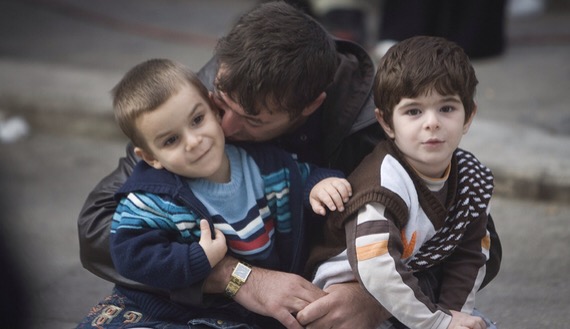An excerpt:
DENVER — LATELY, people have been bombarded with the notion that universities and colleges are hotbeds of sexual violence. Parents fear that sending their teenagers to school is equivalent to shipping them off to be sexually victimized.
But the truth is, young women who don’t go to college are more likely to be raped. Lynn A. Addington at American University and I recently published a study based on the Department of Justice’s National Crime Victimization Survey data from 1995 to 2011. We found that the estimated rate of sexual assault and rape of female college students, ages 18 to 24, was 6.1 per 1,000 students. This is nothing to be proud of, but it is significantly lower than the rate experienced by women that age who don’t attend college — eight per 1,000. In other words, these women are victims of sexual violence at a rate around 30 percent greater than their more educated counterparts.
The focus on sexual violence against some of our most privileged young people has distracted us from the victimization of those enjoying less social and economic advantage.
Surprisingly, we don’t know much about the latter group. After an exhaustive search, colleagues and I could find no major study that focuses on the relationship between social and economic disadvantage and rape and sexual assault risk in the United States. But existing research does show that disadvantaged women are more likely to experience violence generally, as well as violence perpetrated by an intimate partner. Does this hold true for sexual assault?
I recently tried to answer this question by comparing female sexual victimization rates with a variety of social and economic disadvantage measures from National Crime Victimization Survey data, from 1992 to 2012. These data, like all data, are imperfect, and it is believed that they underestimate sexual victimization rates to some degree. But for my purpose this underestimation was unimportant since it was constant and therefore would not affect the relative differences between groups.
The statistics did indeed show that disadvantaged women, age 12 and older, were sexually victimized (including rape or sexual assault) at the highest rates. Women in the lowest income bracket, with annual household incomes of less than $7,500, are sexually victimized at 3.7 times the rate of women with household incomes of $35,000 to $49,999, and at about six times the rate of women in the highest income bracket (households earning $75,000 or more annually). Homeownership is another example of how economic advantage serves to protect women from sexual violence. Woman living in rented properties are sexually victimized at 3.2 times the rate of women living in homes that they or a family member own.
There are also disparities in rates of violence when marital status and children are taken into account. Single women with children living in the home have the highest rate of sexual victimization: 2.3 times that of single women with no children living in the home; 3.6 times that of married women with children living in the home; and 9.1 times that of married women with no children in the home.
Finally, we can look at educational attainment and the risk of sexual violence. Women without a high school diploma are sexually victimized at a rate 53 percent greater than women with a high school diploma or some college, and more than 400 percent greater than those with a bachelor’s degree or more.
More research should be done to replicate these findings, but it is clear that there is a relationship between disadvantage and sexual victimization. To better understand why disadvantage acts as a catalyst for sexual violence, we must hear directly from the women affected, who can provide valuable information as to how they cope with living on the margins.
Read the rest HERE



